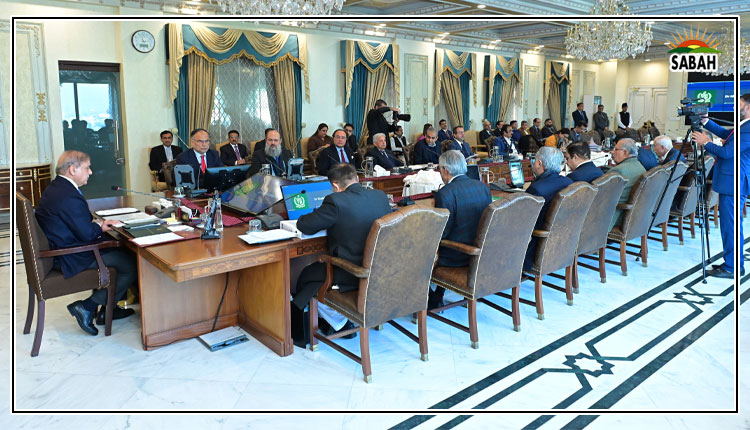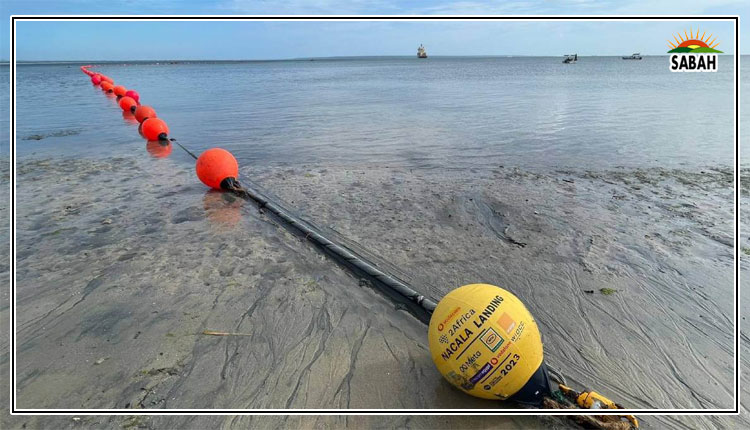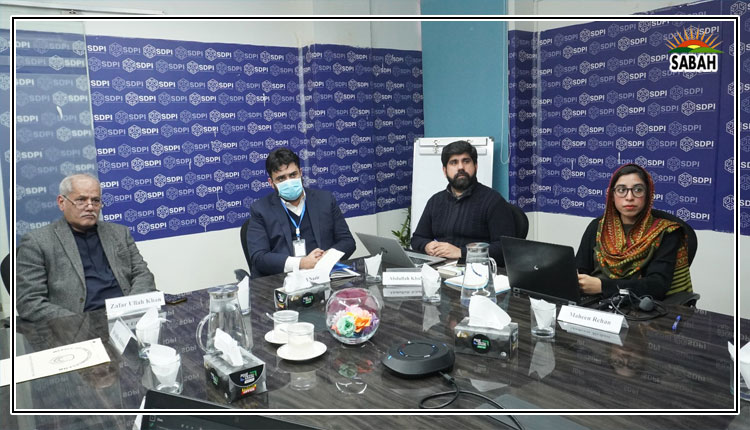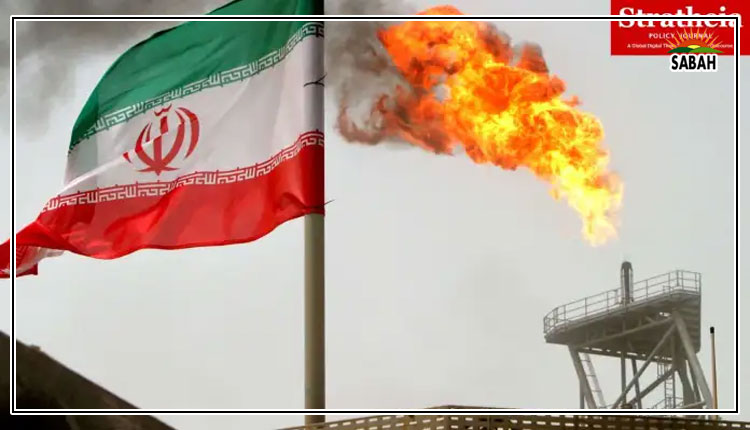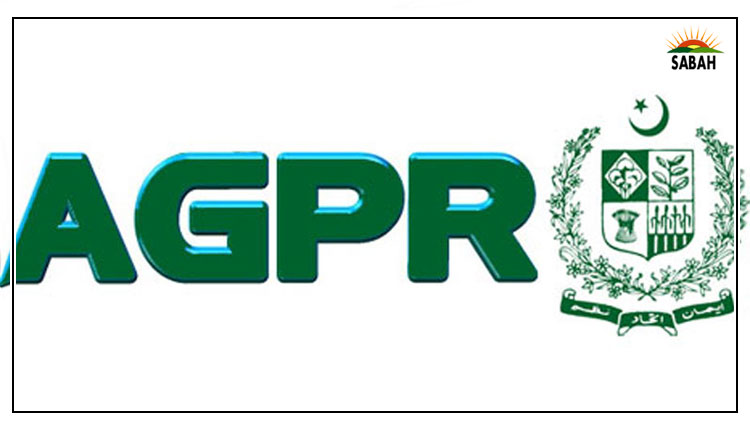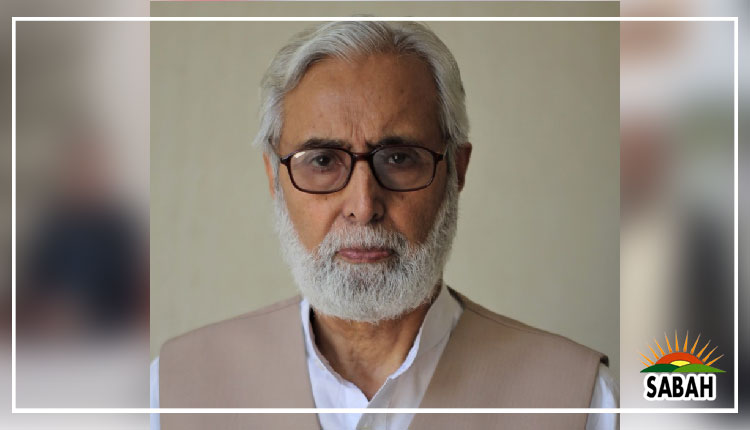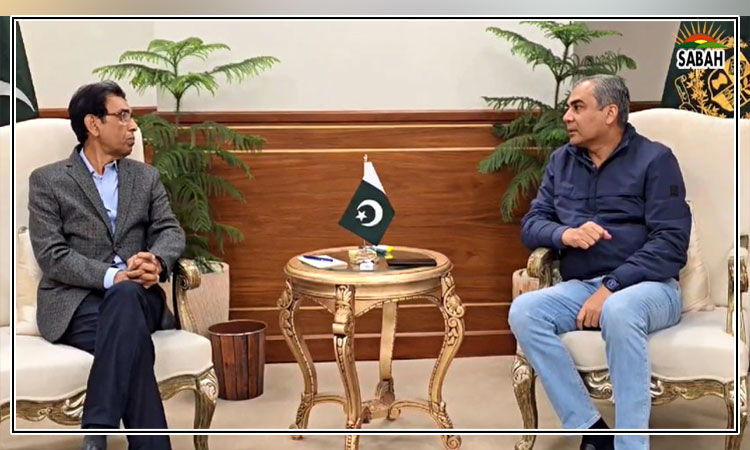Barrier to progress … Umar Strath
IN the discourse on economic stagnation in underdeveloped countries, corruption often emerges as a recurrent theme. Politicians, adept at exploiting socioeconomic fault lines, have wielded the concept of corruption as a populist slogan.
This narrative positions corruption as a convenient scapegoat for a nation’s developmental failures, allowing political figures to sidestep accountability. While politicians bask in the ease of inaction, corruption, normalised and unchecked, benefits a nexus of self-interested parties. This includes public servants enriching themselves illicitly, as well as NGOs continuously funded to combat the very underdevelopment perpetuated by this corruption.
State-owned enterprises in Pakistan provide a critical case study in understanding the complexity of the corruption-economic development nexus. SOEs are frequently criticised for their inefficiency. However, this critique seldom goes beyond surface-level analysis to interrogate the root causes of these inefficiencies. Is it due to outdated technologies, subpar business practices, or other factors? The convenient but simplistic answer often points to political interference, effectively sweeping the real issues under the rug.
In fiscal year 2022-23, Pakistan’s SOEs, such as PIA, the Railways, and Pakistan Steel Mills, reported a staggering combined loss of Rs200 billion. This financial haemorrhage can be attributed, in part, to deeply entrenched practices of political patronage and nepotism in these organisations. It is an open secret that job placements often hinge on political affiliations rather than merit, with positions either promised by parliamentarians as a quid pro quo for votes, or filled by individuals wielding political influence, regardless of their qualifications or the existence of job openings. These practices aren’t just ethically dubious, they also serve as lucrative ventures for those in power both within and outside these organisations — sell jobs, make money.
The fallout from systemic corruption extends beyond financial losses.
Such a landscape paints a grim picture of accountability, or rather, the lack thereof. While concrete empirical data might be elusive, the widespread belief that jobs are essentially ‘sold’ in these SOEs speaks volumes.
The financial cost is just one side of this issue. The moral and ethical degradation that accompanies such practices is equally alarming. Individuals hired through these corrupt channels are likely to perpetuate the cycle, engaging in further corrupt activities, such as manipulating procurement processes, unreported revenues, and inventory falsification. This results in a scenario where the entire operational framework of these SOEs is compromised, leading to their systematic downfall.
Confronted with the daunting task of compensating for the Rs200bn deficit incurred by SOEs, Pakistan faces a grim set of choices. The most probable solutions — budget cuts and increased taxation — come with their own severe repercussions. In a country grappling with poverty and limited resources, budget cuts imply a direct reduction in essential services to the populace, effectively subsidising the costs of corruption at the expense of the needy.
On the other hand, increasing the tax burden on an already strained population results in a vicious cycle of reduced disposable income, diminished savings, and lowered consumption — a basic macroeconomic spiral that further stifles economic growth.
To put this into perspective, the staggering sum of Rs200bn could alternatively finance universal health coverage for two years in Pakistan. Given that health is a primary indicator of development in all indices, the opportunity cost of corruption becomes starkly evident. This allocation of funds to cover losses due to corrupt practices directly undermines key developmental goals.
Thus, it becomes increasingly clear that corruption is not just an issue but a central barrier to progress. The example of the SOEs is a mere snapshot of a larger, more systemic problem. The fallout from such systemic corruption extends far beyond financial losses, eroding the ethical backbone of these institutions and perpetuating a culture of inefficiency and mismanagement.
This cycle of corruption, financial loss, and punitive fiscal policies not only stifles economic growth, but also diverts critical resources from vital public services like healthcare, which are essential for national development. Hence, corruption in Pakistan is not a mere by-product of political rhetoric; it is a tangible barrier to progress, deeply embedded in the nation’s economic fabric, undermining its development at every turn.
The writer is a senior researcher at The James Hutton Institute.
umar.strath@gmail.com
Courtesy Dawn, January 20th, 2024




